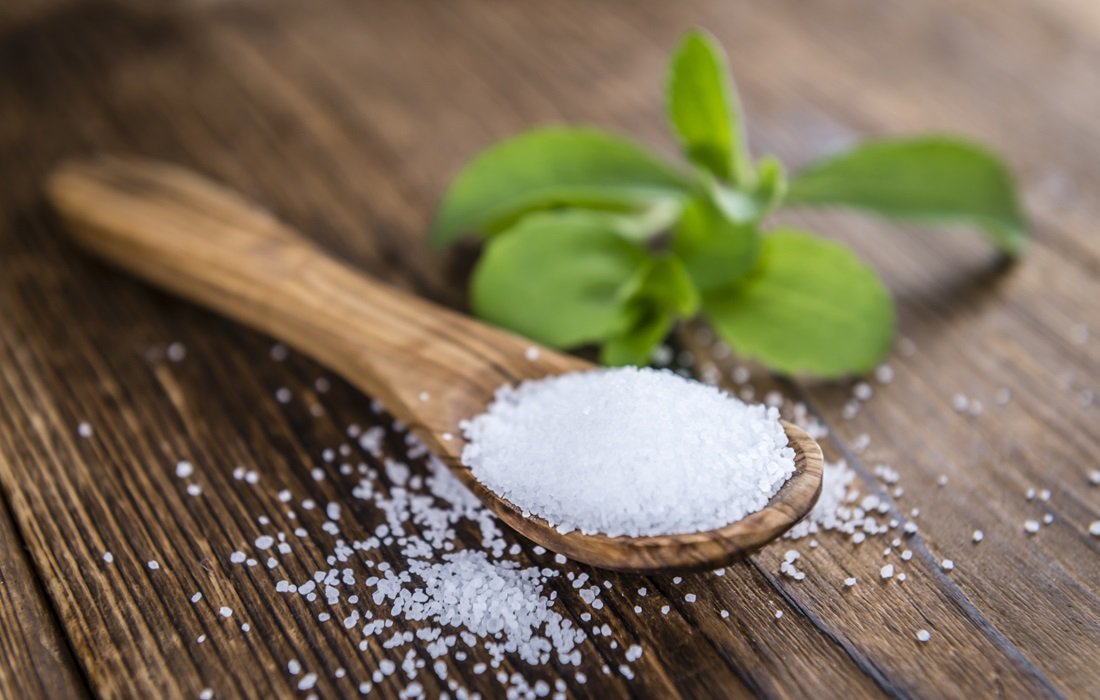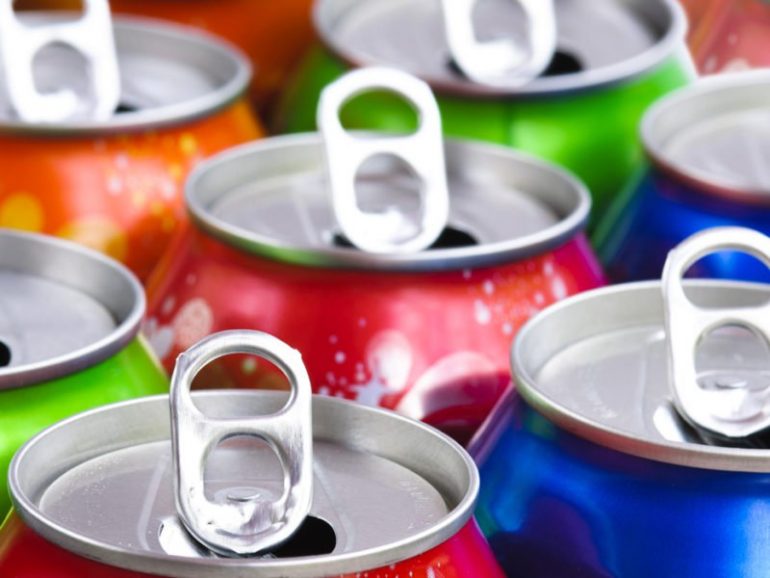The global trend with the younger - mainly - older public, to look for healthier food options, has turned the interest to new products. Indicative in this context is the activity of Greek companies in the field of soft drinks with a more positive nutritional sign.
A more typical case is the development of products, which either contain stevia or alternative sweeteners, reducing sugar.
Characteristic are the data of the soft drink market for 2016, which according to Infobank Hellastat, in the so-called cold market, ie that of catering stores, sales in volume decreased by 37% Respectively in the retail outlets the corresponding percentage reached - 27%.
The Greek market had its answer ready, in the turn of the market. Codes with less or no sugar, soft drinks with mountain tea as the main ingredient (Pure Cola with green tea, Green Mountain gas, Tuvunu) but also with antioxidant action, began to gradually enter our country.

In America, the field of "green" soft drinks has gained the interest of large production and marketing companies from 2013 onwards. With the predominant color in their packaging being green, and semantic references in the content, Pepsi in 2014 made its own move with Pepsi True, selling it initially only through the Amazon e-shop. However, it was preceded by its big competitor Coca-Cola, with Life, a year earlier, combining in its composition stevia and sugar along with 27 calories per 100 ml of product. The philosophy of Pepsi was similar, which added the combination of sugar and stevia to True.
In Greece, the most famous company, which produces soft drinks with the sweetener stevia, since 2012, is Green Cola. The company established the first facilities in Orestiada, when its founder and former Coca-Cola 3E executive, Periklis Venieris, acquired the Association of Carbonated Beverage Manufacturers, known as EPAP SA. Giannis Hitos (ZAGORI) also acquired a 25% share in the company, with the acquisition of a percentage and his entry as a strategic partner in the company in 2015.
Currently Green Cola - leader in the stevia soft drink market in Greece - is distributed in more than 22 foreign countries including Great Britain, Germany, Hong Kong, China and finally in Saudi Arabia. It is noted that Green Cola since last April entered into an agreement with the agricultural cooperative Stevia Hellas Coop, with the aim of supplying it with Greek-made stevia.
However, in terms of stevia market, EPSA is ahead, having presented since 2011, the EPSA light series, which contains this sweetener and soft drinks such as lemonade, orange juice, cola and sweetening drops of stevia.
The cycle of healthy soft drinks was followed by the other companies during the year we are going through. It was preceded by the Mainland Bottling Industry (Vikos), which launched stevia soft drinks (orange, lemonade, cola) at the HORECA exhibition in February 2017.
In March, Coca-Cola, having invested 24 million to develop its production and storage capacity at the Schimatari plant, launched Coca-Cola with stevia, which began to be produced exclusively in Greece.
In terms of market shares that show the size distribution, Green Cola is needed to dominate this market. It is noted, however, that the data refer to the period April 2016 - April 2017, and therefore the handwritten samples are not completely representative in relation to the time distance from the launch of the products for Vico and Coca-Cola. The percentages were for Green Cola at 95,4%, for EPSA at 2,2%, for Coca-Cola at 1,3% and for Vico at 0,9% based on IRI data for this period.
The trend, however, indicates that competition for this category is increased. Indicative is the advertisement that Green Cola had released with the biting motto "A little green does not make you Green", with which he wanted to essentially cauterize the green packaging of Coca-Cola.
For Coca-Cola, however, the global shift to healthier eating habits is anything but indifferent. In its latest - half-yearly - financial statements for 2017, Coca Cola HBC pointed out as one of the potential risks in its business course, the possible inability to adapt to changing trends for consumer health.
As part of the development of innovative or alternative sugar products, other companies such as Lux developed a range of soft drinks during 2017 with sugar-free soft drinks. In this context, the industry from Achaia brought to the shelves the Plus n 'Light series.
In terms of total market shares, according to Infobank Hellastat, Coca-Cola holds 67,3% of sales volume, while in second place is Lux, with a share of 8,9% - compared to 8,1 , 7,8% - a year earlier. PepsiCo IBH, which has made a significant divestment in Greece is in third place with XNUMX%. We remind you that Pepsi closed and sold its factory in Oinofyta, which was acquired by Biochalco, as well as the one in Loutraki, which fell into the hands of Hellenic Water (Hellenic Water), a subsidiary of Feliroma Foods LTD based in Cyprus.
